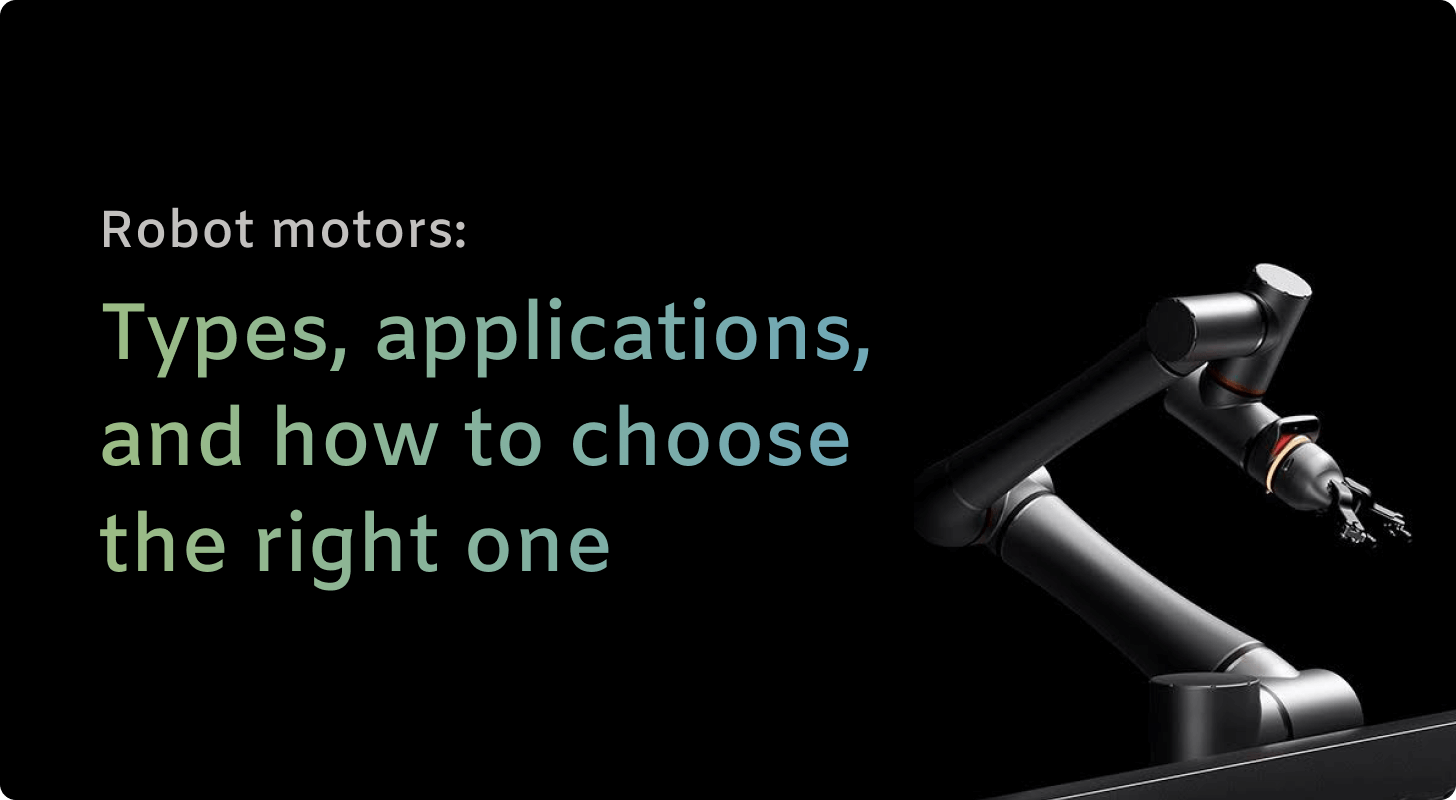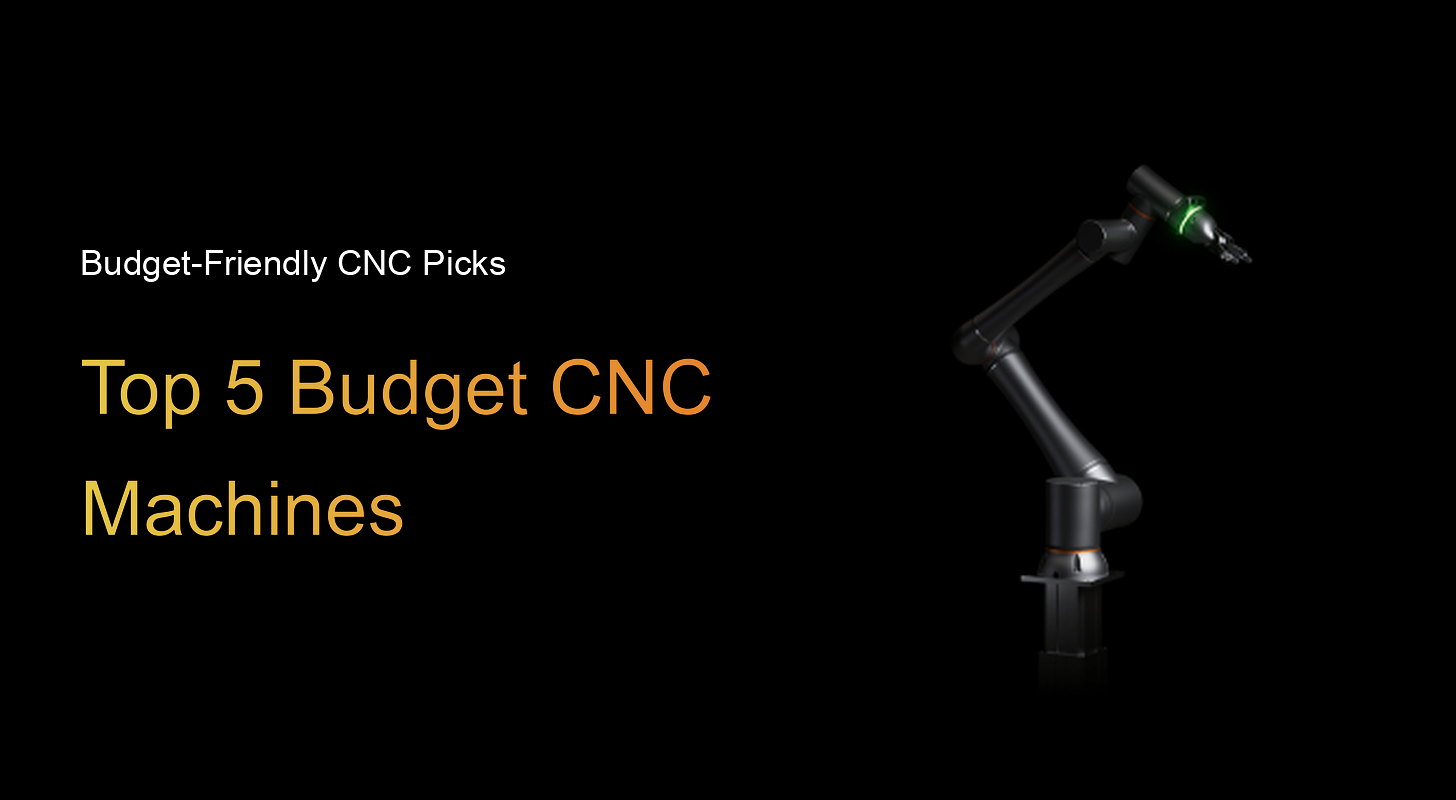Miller Cobots promise precision welding with automation that’s tailored for small and medium businesses.
They work beautifully with Miller’s Deltaweld system, but is that enough? If you’re looking for more versatility, you might find their narrow focus limiting.
Here’s the breakdown of what Miller Cobots bring to the table — and whether they’re your best bet.
We’ll cover:
- Overview
- The lineup of Miller Cobots
- Where they excel
- The limitations
- How they stack up to competitors
What is the Miller Cobot?
The Miller Cobot, the Copilot, is a specialized collaborative robot that can automate welding jobs.
Instead of replacing human welders, it works right alongside them, handling repetitive, high-precision jobs while freeing up human operators for tasks that use their big brains more.
The Copilot pairs super smoothly with Miller’s Deltaweld system, a powerful welding system.
It also ensures consistent quality and faster production times, whether you’re tackling structural welding, metal fabrication, or mobile repairs. For operations that revolve around welding, it’s one of the most solid choices in the major welding operations now.
Top Miller Copilot Cobot solutions and how they work
Miller offers several cobot welding options (branded as entry-level) to suit a variety of scenarios. Here's what they bring to the table:
Miller Copilot Cobot Welding Package with Deltaweld 350
The job: Medium-duty welding, such as structural joints or heavy fabrication.
Specs to know:
- Compact dimensions of 84 x 48 x 52 inches, perfect for smaller workshops.
- Lifts up to 1,500 lbs with leveling feet or 750 lbs on wheels.
- Compatible with MIG, Accu-Pulse, and Versa-Pulse processes (with the right power source).
The good stuff:
- Ships partly assembled — because no one has time for complicated setup.
- Air-cooled or water-cooled MIG guns for different welding needs.
- Touch sensing and through-arc seam tracking adjust for minor misalignments with ease.
How the Miller Copilot Cobot Works with Deltaweld Systems
The Miller Copilot Cobot pairs seamlessly with multiple Deltaweld systems, catering to various operational demands.
Air-cooled systems:
- Ideal for lighter or moderate welding needs, supporting up to 350 amps at 100% duty cycle.
- Paired with the Deltaweld 350, perfect for small-to-medium operations.
Water-cooled systems:
- Designed for intensive, high-heat welding jobs, offering up to 500 amps at 100% duty cycle.
- Best paired with Deltaweld 500-575 systems for heavy-duty precision and endurance.
Advanced features across all configurations:
- IntelliSet Weld Settings Assistant: Automates configurations for quick and easy programming.
- Touch Sensing and Seam Tracking: Detects and adjusts for workpiece inconsistencies to ensure consistent weld quality.
- AccuGuide Precision Joystick: Fine-tunes weld torch positioning for pinpoint accuracy.
Check out the full specs for the Miller Cobot Copilot lineup next.
Advantages
What makes the Copilot system a solid investment?
Here’s why they stand out:
- Flawless integration with Miller tech: They pair perfectly with the Deltaweld system, creating a unified approach that simplifies operations and boosts efficiency.
- User-friendly programming: Even beginners can get the cobot up and running without headaches. The interface is intuitive, cutting down on training time.
- Built for the long haul: These cobots thrive in demanding environments, delivering consistent results over long shifts and heavy workloads.
Challenges
No cobot is perfect, and Miller’s lineup has its limitations.
Here’s what you should know:
- Welding-only focus: Miller Cobots are welding-exclusive, which is great if that’s your primary need. However, they can’t step outside this niche to handle broader automation jobs like assembly, material handling, or packaging. If you’re looking for a multipurpose cobot, keep reading for some alternatives.
- High initial investment: To get the most out of the Copilot, you’ll need to invest in compatible Miller equipment, such as the Deltaweld system — and the whole system will cost you over $90,000. This adds a significant upfront cost, which might not be feasible for operations with tighter budgets.
- Not ideal for small shops: Smaller businesses or operations with limited welding jobs might find the cost of a Miller Cobot hard to justify. These systems are for consistent, heavy-duty use by big industries, and they may just not offer enough ROI for shops that only occasionally need automation.
How Miller Cobots stack up to competitors
Miller isn’t the only game in town.
Here’s how it compares to other cobots:
RO1 by Standard Bots
- Cost-effective: Leasing starts at $5/hour, making it one of the most affordable cobots on the market. Want to buy? It’s half of what other cobots in its class cost.
- Versatile: Unlike Miller, RO1 handles welding and non-welding tasks ultra easily, thanks to its 18kg payload capacity.
- AI-powered: Its no-code software and powerful AI support a range of jobs with far more flexibility than Miller’s welding-only focus.
Lincoln Electric Cobot
- Reliable but pricey: Known for its robust performance, but expect to pay a premium compared to Miller’s offerings. It will also cost you around $90,000 or $5,000/month if you want to lease.
- Less integrated: Lacks the smooth pairing with equipment that Miller provides, requiring more customization.
Vectis Cobot Welder
- Lots of options: A great option for mobile jobs, with advanced capabilities, like Miller or Standard Bots.
- Pay up: The bad part? It’s going to cost you, all of their solutions are priced between $95 to $140k. Yikes.
Summing up
Miller Cobots are tailor-made for businesses that live and breathe welding.
But here’s the catch — they’re not the most versatile option. If you need a cobot that does more than weld, or if you’re on a tight budget, competitors like RO1 offer a better deal.
Next steps with RO1 by Standard Bots
Ready to explore a solution that’s versatile, cost-effective, and powerful? RO1 is the six-axis cobot arm designed to handle all your automation needs, welding included:
- Affordable and flexible: Costs half the price of comparable robots. Leasing starts at just $5/hour.
- Precision meets power: With an 18kg payload and ±0.025 mm repeatability, it handles jobs from welding to assembly like they’re nothing.
- AI-enabled and intuitive: No-code programming means quick setup and smooth scaling, no headaches required.
- Safety-first design: Machine vision and collision detection allow RO1 to work side-by-side with your team, no barriers needed.
Book your risk-free, 30-day trial today and see how RO1 levels up your shop floor with cutting-edge automation.
brighter future
Join thousands of creators
receiving our weekly articles.










